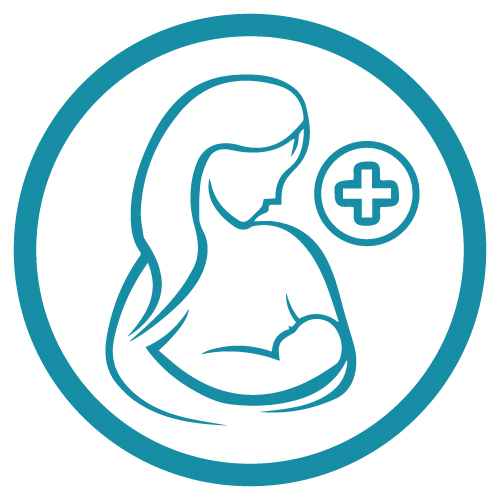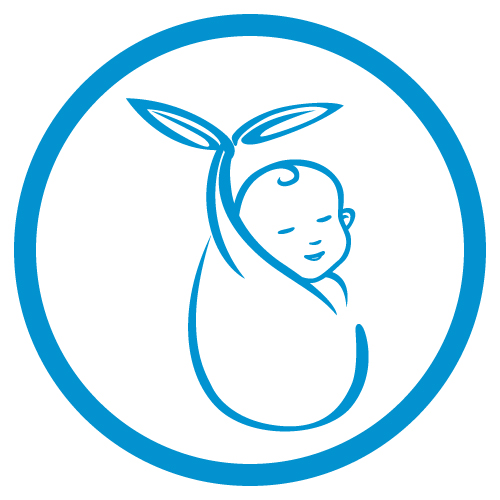 GOLD Learning Speakers
GOLD Learning Speakers


Mariana Colmenares Castaño, MD, IBCLC
- Speaker Type: GOLD Lactation 2020 , Breastfeeding and Medically Complex Infants Lecture Pack 2020, Breastfeeding Medicine: Advancing Your Level of Care Lecture Pack 2020, Advancing Human Milk & Breastfeeding Practices in the NICU Lecture Pack 2022, Clinical Tools for the Changing Landscape of Newborn Care Lecture Pack 2023
- Country: Mexico
Biography:
Mariana Colmenares Castano was born in Mexico City, and from an early age she was fascinated by animals and nature.She studied medicine at the National University of Mexico (UNAM), and foundher passion as a pediatrician doing her residency at the National Pediatric Institute. When her first child was born she witnessed the lack of knowledge and commitment to breastfeeding within the medical profession, and so she decided to specialize in breastfeeding medicine. She certified as a Lactation Consultant (IBCLC) in 2011.Mariana is a member of the International Lactation Consultant Association, the Academy of Breastfeeding Medicine, and a proud founding member of the National Lactation Consultant Association of Mexico (ACCLAM), where she served on the Board of Directors as Education Coordinator (2014-2019). She is part of board director for the Academy of Breastfeeding Medicine for a 3 year period (2019-2022) and recently named as secretary for the Academy of Breastfeeding Medicine. Mariana is a member of the team for Breastfeeding Country Index BFCI, a project from Yale University and Universidad Iberoamericana. She is consultant for the National Health Institute in Mexico and has collaborated with UNICEF in breastfeeding projects and part of the steering committee for the WHO. She has spoken at national and international conferences, co-published numerous articles and co-authored a chapter for the National Academy of Medicine. At the moment she is a Clinical Fellow in Community Paediatrics in London.
CE Library Presentation(s) Available Online:
.jpg)
View Details / Enroll

View Details / Enroll

View Details / Enroll











